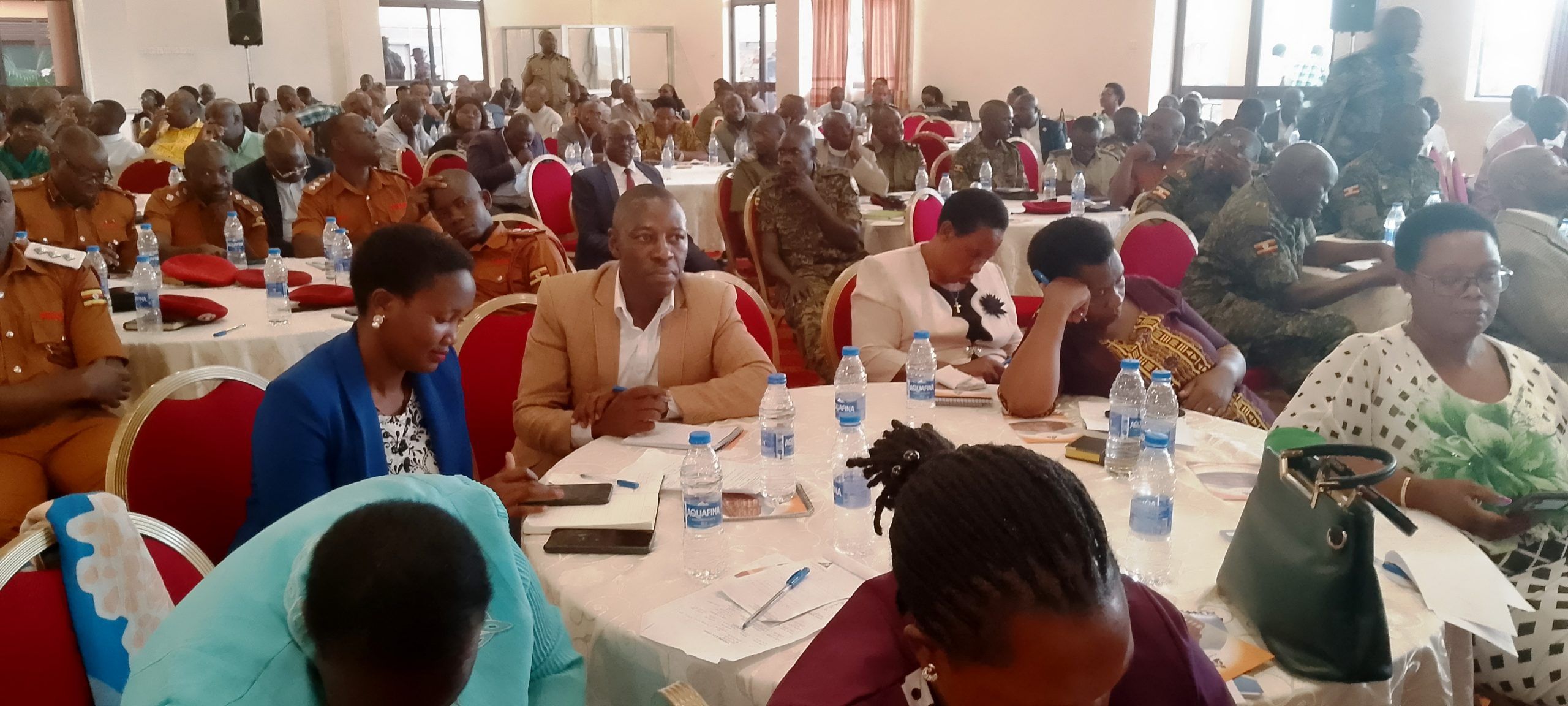
Byabakama calls for critical data on PDWs ahead of 2026 polls
The Chairman of the Electoral Commission, Justice Simon Byabakama Mugenyi, has acknowledged that the lack of critical data regarding persons with disabilities (PWDs) from the National Union of Disabled Persons of Uganda has significantly hindered the inclusivity of the electoral process in Uganda.
In a message delivered by Richard Baabo Kamugisha, the Acting Secretary of the Electoral Commission, it was highlighted that the failure to provide election instructions in accessible formats has made it difficult for individuals with visual impairments and blindness to select their preferred candidates.
Byabakama emphasized that while the law allows for the inclusion of trusted aides to assist PWDs during the voting process, in some cases, these rights have been infringed upon. His comments were made on Friday during a regional stakeholders’ workshop held at Hotel Triangle in Mbarara as part of preparations for the upcoming General Update of the National Voters Register, scheduled for January 20 to February 10, 2025.
Kamugisha noted that the Electoral Commission had aimed to use Braille or larger font documents to facilitate voting for visually impaired individuals. However, the absence of specific data on the number of eligible PWD voters has prevented these special arrangements from being implemented.
He also urged politicians to move away from commercialized politics and the intra- and inter-party rivalries that often lead to violence and division, particularly in the pursuit of political victory.
Robert Beine, the Regional Election Officer, called on the public to actively participate in the forthcoming voter registration update to promote inclusivity and ensure credible elections. He also encouraged students to register before schools reopen, highlighting that voter transfers would only be possible during this update exercise.
The update process will encompass the registration of new voters, transfer of voters, minor corrections, assignment of polling stations and the creation of revised registers for special interest groups.
